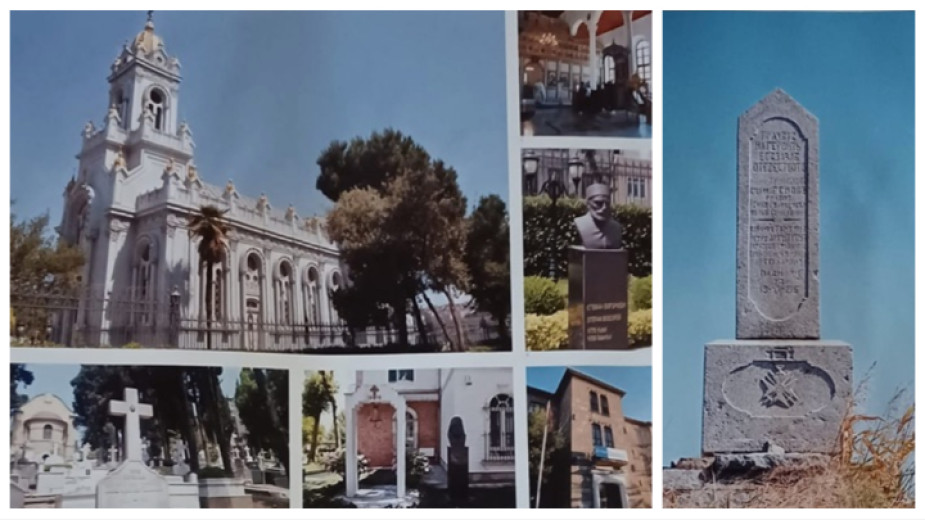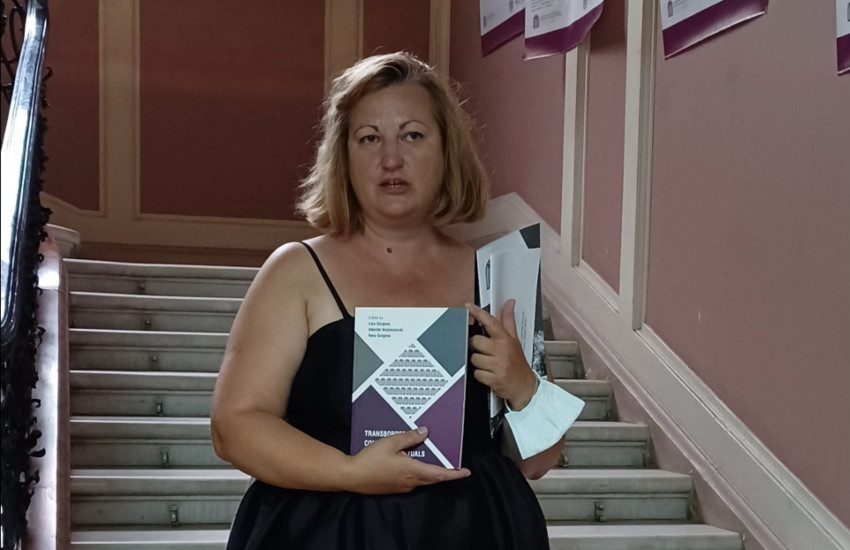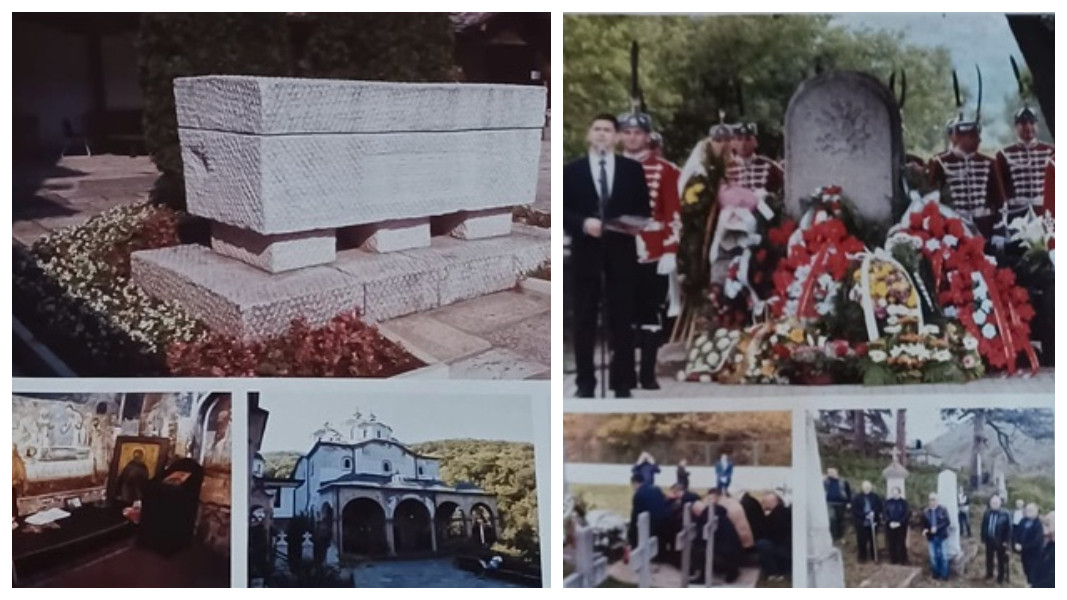 13
13
A group of researchers are on the trail of the places that have kept the memory of Bulgaria, so as to outline the country’s cultural bounds outside its national borders. These include monuments, war graves, fortresses, churches, monasteries testifying to the Bulgarian heritage from the time of the Middle Ages, the Ottoman Empire and the Bulgarian National Revival.
Six of the ten countries which the scholars from the Bulgarian Academy of Sciences’ Institute of Ethnic and Folklore Studies went to are in the Balkans, a place where borders have always been dynamic.
“In Bulgaria, we joke that in the Balkans, everyone borders on themselves,” says Assistant Professor Lina Gergova. “We visited some sites in border regions around us, in territories that were once Bulgarian. In Turkey such places are concentrated exclusively in Edirne and in Istanbul. In Greece many sites are connected with Aegean Macedonia, with the Thracian Bulgarians and with leaders of Bulgaria’s revolutionary struggles like Captain Petko Voyvoda and Gotse Delchev. In Serbia there are the Western Outlands, the military cemetaries in Belgrade, the First Bulgarian Legion, the memory of Levski and Rakovski. In Romania there are so many strata – we have a Bulgarian community in different parts of the country which is to a great extent connected with the national liberation movement.”
In Italy, Russia, Hungary and Czechia these sites are connected with the civilizational contribution Bulgarians have made. Lina Gergovava gives as an example two of the Bulgarian “sister” states, as she calls them – Volga Bulgaria in what is today Tatarstan and the Russian Federation, and Alcek Bulgaria in the vicinity of Naples in Italy. In the small town of Celle di Bulgheria there is a monument to Khan Alcek – brother of the man who founded the Bulgarian state, Khan Asparuh, where people go every year to pay their respects.

Bulgaria’s cultural history is studded with the names of many intellectuals, actors, scientists, athletes who have left their mark in the world.
“Being the symbol of Bulgarian literature, Ivan Vazov represents Bulgaria in the writers’ alley in Zagreb,” Lina Gergova says. “There is a monument to Ivan Vazov in Rome, alongside the other poets and writers in Thorvaldzen square. One of the lesser known monuments is in the Hungarian town of Kiskőrös – the Sándor Petőfi museum house, and Ivan Vazov along with Atanas Dalchev are included as translators of the poet’s works. Other prominent figures are poet Pencho Slaveykov and sculptor Assen Peikov, as well as an array of opera singers with a biographical connection to Italy. There is a stadium named after Hristo Stoichkov in Dudeștii Vechi in Romania, so Bulgaria’s athletes have made their mark in the world as well.”

And as the monuments connected with Bulgaria are well studied, what the researchers are now aiming at is to popularize them – especially the ones that are not well known.
“For example, the war memorial near the Romanian village of Turcoaia dedicated to three officers who lost their lives during World War I,” Lina Gergova explains. “It rises in a stone quarry in the middle of a cornfield, and no one ever visits it. Still, the monument is there, and it is very beautiful. Another lesser known site is what is believed to be the grave of Tsar Samuil on St. Achilles island, inside a basilica bearing the same name. Unfortunately, because it is difficult of access and because of the political problems between Bulgaria and North Macedonia – even though it is actually on the territory of Greece – people rarely go to see the grave, and it has not gone down in memory.”

Lina Gergova says that maintenance of the sites of Bulgaria’s cultural territory from a distance is a difficult thing. And yet, in her words, after 1989 more care has been taken of them. So, the military cemeteries in Bucharest, Belgrade, Vienna and Budapest have now been restored and the monuments renovated. But it is not only the government that has been engaged in the preservation of the places which have kept the memory of Bulgaria, interest has also been displayed by NGOs, political parties, Bulgarian communities abroad.
Photos: Diana Tsankova
From October 2 to 5, Sofia Tech Park is hosting the only international contemporary art exhibition in BulgariaSofia Art Fair 2025 – IMAGINE . The event brings together participants from 13 countries and leading figures from the world art scene,..
Sofia is the third city to host the sixth edition of the OKO International Ethnographic Film Festival , after the Ukrainian capital Kyiv and the city of Bolgrad were its hosts from September 5 to 14. The OKO film festival has a mission - to..
"A book filled with lots of humour, but also truths that can be painful" - Peter Georgiev Ray opens the curtain on his new novel "The Day My Virginity Was Taken." The premiere will take place on October 6 at Gallery Bulgari in Sofia...
On November 11 at 6:30 p.m., the Consulate General of Bulgaria in New York will host a special screening of a short film (18 min.) dedicated to the..
On November 6 at 4 p.m., an exhibition will open at the Archaeological Exhibition of the Regional History Museum in Burgas on the occasion of the 50th..

+359 2 9336 661
